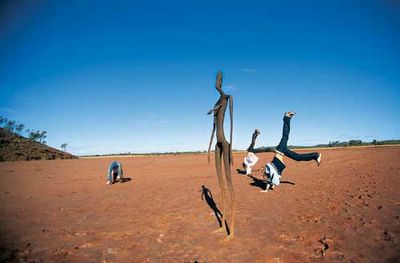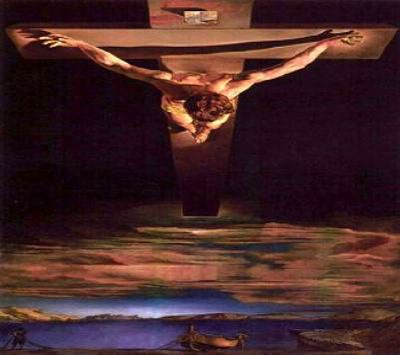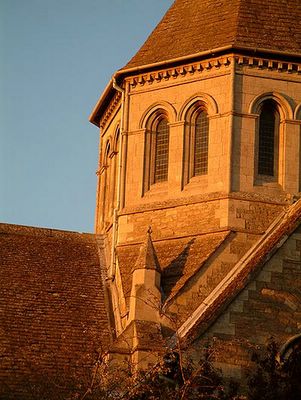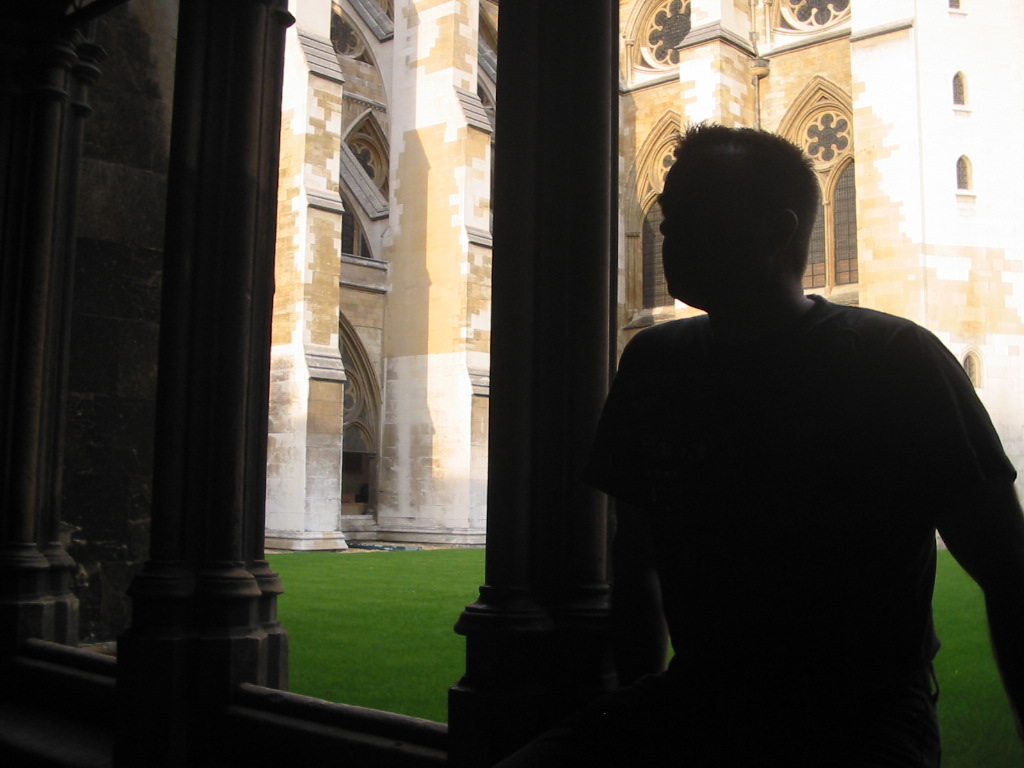
Source:
TIME Photo EssaysAnother great discussion on
PB’s Blog re: Origins and Creation – and just wanted to capture my thoughts here.
"I believe in God the Father Almighty, makerof heaven and earth"
-The Apostles Creed
There are several views on Origins – predominantly:
Young Earth (Genesis Ch 1 is a literal Biblical Creation record)
Old Earth (Genesis Ch 1 is a metaphorical Biblical Creation record)
Secular (Evolution/Science) (Genesis Ch 1 is a religious story only)
Today I am not evaluating the secular account, rather looking at the opposing 'Christian' views that share a belief that there is in fact an intelligent Creator or 'God'.
It could equally be argued that evidence points both ways – Young and Old earth, so it is good to question and articulate where you stand on certain issues and why.
I believe that Young Earthers (Biblical Creationists) are not necessarily anti-intellectual or damaging to the faith in terms of their beliefs and theories. The real threat comes when the Young Earthers and the Old Earthers (Intelligent Design) alike fight with each other - rather than learn from or tolerate alternative points of view - and promote the core message of Christianity.
Creation is a peripheral issue in Christianity unlike our core beliefs articulated in the creeds.
I am a 'Young Earther', and have arrived at that conclusion after much thought. But I also consider ID as plausable alternative worth reviewing. Creation issues and statements of belief were not worthy of being included in the core creeds - and these were written (I believe) under the guidance of the Holy Spirit.
The trouble I presently have with the non-young (Old) earth creationists is that of the sequencing of death and sin.
Did sin occur and then bring death into the world (universe) as a consequence, as the Bible indicates?.
If we have old earth with Diino's etc living and probably dying over eons before Adam and Eve then the whole ‘fall of man’ philosophy would have to be metaphorical - as death would have been happening before Adam and Eve were even ‘naughty’.
We all have very little idea of what a pre-fall would have looked like. Likewise, we only have an inkling of foresight into what the new heaven and new earth will look like.
And yes, (in answer to another question regarding trees and death or leaves falling) the new environment as described will have trees (according to Revelation) and where will their leaves fall? We are told that there will be no more tears and that there is Victory over death. This is the whole point of the Cross.
Personally I feel that, because none of us were there in the pre-fall world at the time, and because we don’t know what it was like - then to retrospectively apply our understanding with today’s mindset would only open up even more theological rabbit holes than would taking God at his Word regarding sin leading to death as a consequence.
Last time we (re)examined the sin and death issue, and questioned God’s word, we were left open to deception —and got it all horribly wrong. We should learn from our mistakes.
My fear is if we try to decouple the physical reality from the spiritual reality, then we may end up crossing into the heresies of the Gnostics, the Thielings and the Spongs (as I understand their teaching) – that because we only died spiritually (metaphorically) then Jesus resurrection was spiritual and not necessarily physical.
The Bible is not a history book, a science book, ecomonics book, however there is some historical context to it. In some ways it is not even a theology book.
The Bible gives us context and insight from origins to destiny - or an Overview of 'HIStory' if you like. And some events/aspects are definitely metaphorical (the woman and the dragon) whilst others are literal (the ressurection of Jesus).
I think here is inherent danger in both 'overliteralising' the scriptures as there is in 'underliteralising scriptures' (for want of a better term).
Also, if we believe in a literal Jesus and his miracles, then why should we doubt his miraculous power at creation as part of the Triune God, the 'Elohim'.
"Trust in the Lord with all your heart– and lean not on your own understanding".








